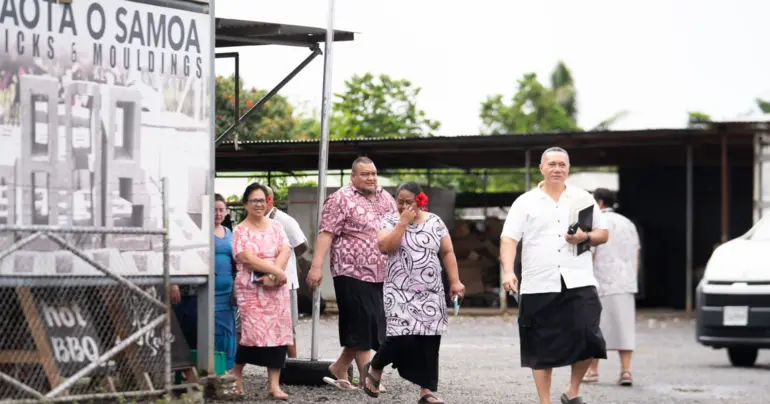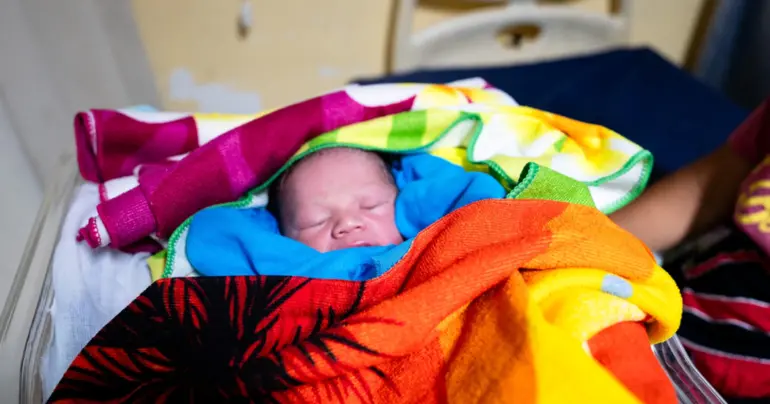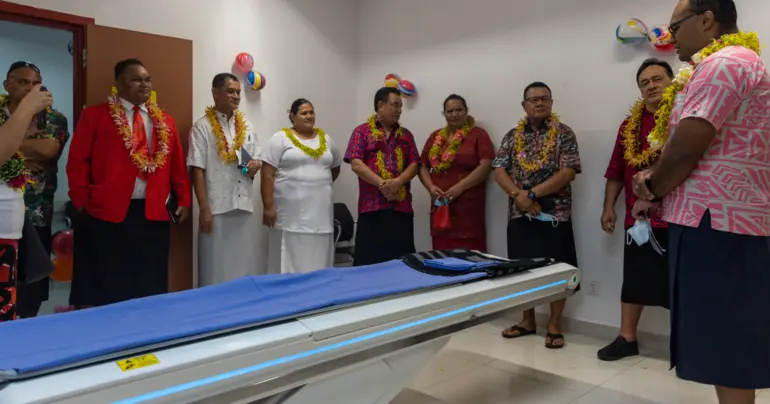Study revealing lack of health data a concern
It was only a matter of time before someone revealed the surprising absence of data on the health of the Samoan people.
And thankfully, this shortcoming was only highlighted recently, rather than at the height of the country’s next public health crisis, which could have been devastating for citizens.
An article (Lack of health data in Samoa concerning) in the Monday 16 January 2023 edition of the Samoa Observer reported on the concerns that were raised by one of Samoa’s very own, Associate Professor Toleafoa Dr. Viali Lameko.
Expressing his concerns in a report that was published in the Journal of Samoan Studies, the Oceania University of Medicine Dean for Samoa and Asia-Pacific said that one of the major challenges facing academics and researchers over the years is finding data and published articles on health in Samoa.
"Even more worrying is a lack of evaluative reports documenting the results of the activities already being implemented," the report stated.
"Without such studies it will be difficult to design evidence-based policies and strategic plans appropriate and relevant to the issues identified."
The report that Toleafoa authored and got published was titled "Rethinking the health system in Samoa: building on past achievements and the search for new perspectives". It was published under the umbrella of the NUS Centre for Samoan Studies, which produces the Journal of Samoan Studies.
So what is the significance of health data and how does its absence impact on local medical interventions? First we must define what health data is. A paper titled “Health data poverty: an assailable barrier to equitable digital healthcare” published 4 March 2021 in The Lancet medical journal probably gives the most comprehensive definition of the term:
“Health data have been defined as information relating to the past, current, or future physical or mental health status of a person.
“Health data include any of the clinical, biochemical, radiological, molecular, and pathological information pertaining to a patient that is captured by health-care professionals and, increasingly, digitally recorded and stored in electronic patient health records.”
The Lancet paper further adds: “Health data also include any of the health-related information that is captured by patients themselves, by using sensors and a growing range of smart devices, and stored in smartphones, tablets, computers, and cloud-based repositories.”
Just by broadening the definition of what health data is and its links to digital health, it has now become obvious that the health system in Samoa is nowhere close, and our systems have a long way to go in terms of addressing the deficiencies the country currently has which includes health data.
With the push by the previous and current Administration's to expand the footprint of broadband internet in Samoa, it is a pity that Samoa is currently not in a position to harness the potential of data-driven digital health technology for the benefit of its people.
So what should be done to address this deficiency? Toleafoa’s report emphasised the need for the prioritisation of community and school-based health education programs, as well as the advocacy of laws and policies that directly address the endemic noncommunicable diseases.
It is a pity that the foundation work to start compiling some of these health data didn’t start immediately following the 2019 measles epidemic or the 2021 coronavirus pandemic, two public health crises in Samoa that claimed 112 innocent lives.
We note the concerns expressed by Toleafoa wherein he lamented Samoa’s healthy system shifting from being community-based to hospital-based.
“The shift had been driven by the high prevalence of non-communicable diseases among its adult population, such as heart attacks, strokes, obesity, diabetes and hypertension, requiring the attention of medical doctors who mostly work in the capital city of Apia.
"The emphasis on doctors, hospitals and technology while cutting back community-based preventative programs over the past few decades was a mistake.”
According to Toleafoa, attempts by the Ministry of Health and development partners to reverse the trends “have produced no clinical evidence of success”.
The assessment by the academic puts the spotlight on the country’s current Health Sector Plan and calls for work to begin to formulate a new one which would address the issues and challenges that are currently faced by the sector.
Perhaps, with the recent appointment of the former NUS Vice Chancellor Aiono Professor Alec Ekeroma as the new Health Director General, work will begin in earnest at the Ministry to address some of these major shortcomings.
Tags











